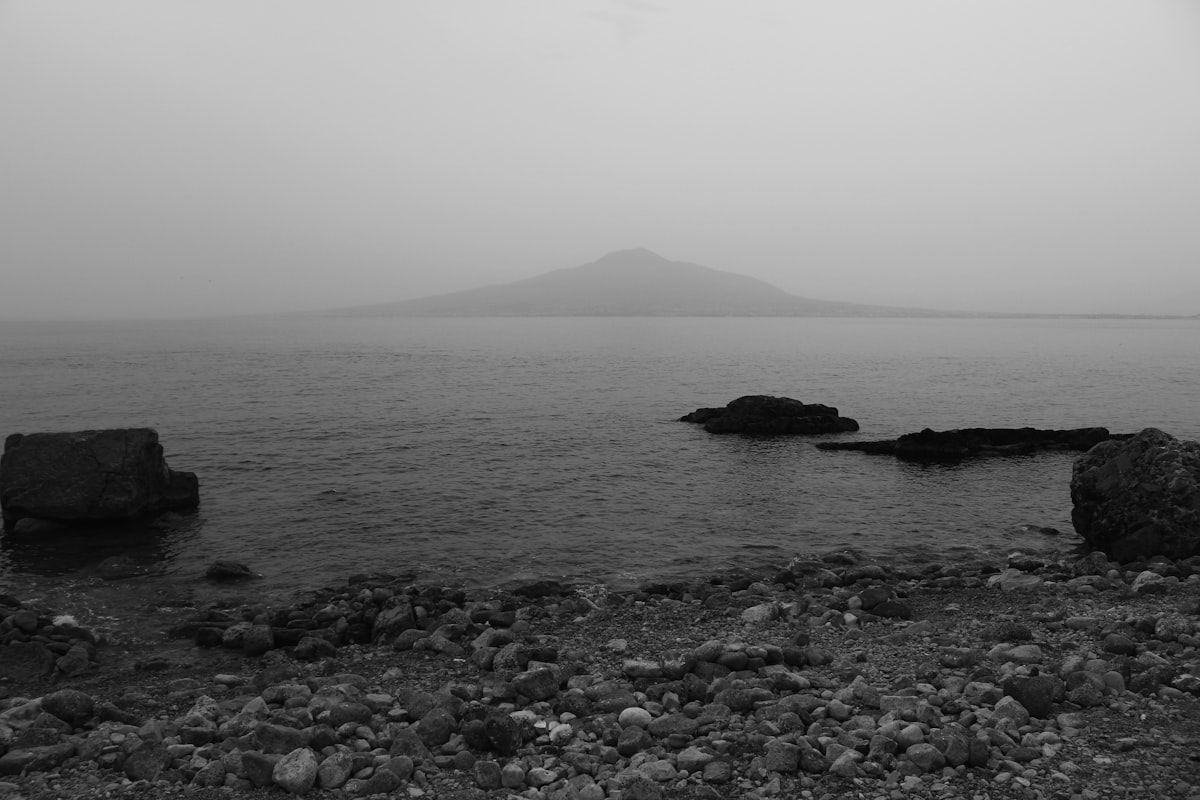Some Things Don't Change

I mean to lead a simple life, to choose a simple shell I can carry easily – like a hermit crab. But I do not. I find that my frame of life does not foster simplicity. My husband and five children must make their way in the world. The life I have chosen as a wife and mother entrains a whole caravan of complications. It involves a house in the suburbs and either household drudgery or household help which wavers between scarcity and non-existence for most of us. It involves food and shelter; meals, planning, marketing, bills, and making the ends meet in a thousand ways. It involves not only the butcher, the baker, the candlestickmaker but countless other experts to keep my modern house with its modern "simplifications" (electricity, plumbing, refrigerator, gas-stove, oil-burner, dish-washer, radios, car, and numerous other labor-saving devices) functioning properly. It involves health; doctors, dentists, appointments, medicine, cod-liver oil, vitamins, trips to the drugstore. It involves education, spiritual, intellectual, physical; schools, school conferences, car-pools, extra trips for basket-ball or orchestra practice; tutoring; camps, camp equipment and transportation. It involves clothes, shopping, laundry, cleaning, mending, letting skirts down and sewing buttons on, or finding someone else to do it. It involves friends, my husband's, my children's, my own, and endless arrangements to get together; letters, invitations, telephone calls and transportation hither and yon.
The author continues a little later:
For the problem of multiplicity of life not only confronts the American woman, but also the American man. And it is not merely the concern of the American as such, but of our whole modern civilization, since life in America today is held up as the ideal of a large part of the rest of the world. And finally, it is not limited to our present civilization, though we are faced with it now in an exaggerated form. It has always been one of the pitfalls of mankind. Plotinus was preaching the dangers of multiplicity of the world back in the third century.
Looking at these words, it's easy to think the author wrote them recently. It reads like an essay on the modern-day mental health crisis that might appear in The Atlantic or The New Yorker. Maybe it's in the prologue of a book about a new productivity method.
But it was written in Gift from the Sea by Anne Morrow Lindbergh, published in 1955 (maybe the cod-liver oil gave it away). My parents were four, Dwight Eisenhower was president, there were three channels on TV, Rebel Without a Cause starring James Dean came out, The $64,000 Question was the #1 TV show, and everybody walked uphill in the snow both ways to get to school.
Everything Ms. Lindbergh (and Plotinus a full seventeen centuries before her) faced before, we face today. And neither of them had Facebook, Instagram, Twitter, or TikTok. There was no email, iMessage, WhatsApp, Slack, or Teams. No group texts with memes or Facetimes with grandparents. Rather than a breathless, fear-mongering news cycle with breaking news 24-hours a day, they learned the news the next day.
And they had only one working parent, so the "clothes, shopping, laundry, cleaning, mending, letting skirts down and sewing buttons on, or finding someone else to do it" didn't have to happen before or after work, on the weekends, or squeezed in during lunch or a Zoom call.
So what chance do we stand today? My instinct is to say that an antonym for multiplicity is simplicity. Just simplify and we can get it all done.
But in reality, my approach is to just... give in. If a woman born during the Roosevelt administration (Teddy, not Franklin) and a man born in 204 or 205 AD faced the same problems we face, then these problems are a part of our humanness to embrace rather than a problem to be solved.
So I lean in to life's grittiness, challenges, and frustrations. I prioritize like crazy while realizing I'll never get it all done or clear my to-do list. I put down the phone and pick up my kid or that fiction book I've been meaning to read. I accept that I'm going to have regrets but I try to give my 80-year-old self something to smile about while he sits on the park bench.
At least I try to do these things, and accept that I fail. Often.
And maybe I should take Ms. Lindbergh's advice and try cod-liver oil.